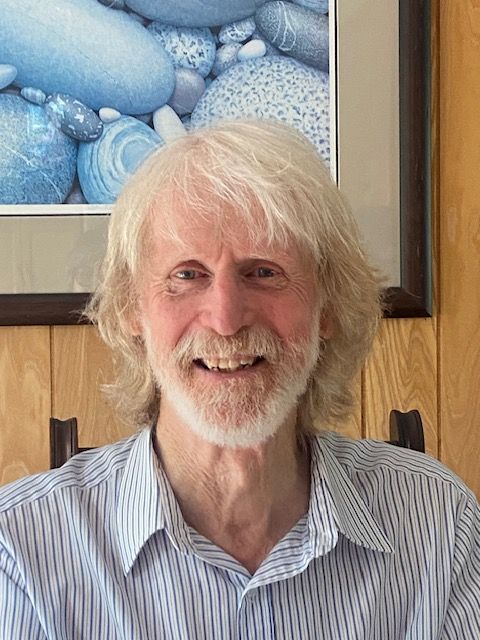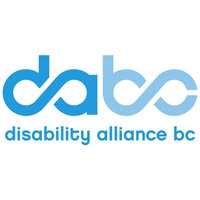Participate in Studies on Mobility Scooter Use and Spinal Cord Injuries
Do you use a mobility scooter?
At the GF Strong Research Centre Dr. Ben Mortenson and his research team are conducting a study on the reliability of several new measures and tools related to scooter use. This study involves answering questions about your scooter use and daily life as well as completing a scooter mobility test. From the information gathered from this study they hope to conduct larger intervention studies on how training programs can help increase community participation.
(You must be over 19 years of age and have owned your scooter for at least 3 months. You must also have the ability to read, write and speak English.)
Have you had a spinal cord injury (SCI)?
Another study they are conducting involves comparing differences in mobility and social participation among those ageing with SCIs and those who sustain a SCI later in life. This study involves completing a series of questionnaires and an interview.
(You must be 55 years of age or older and have had a spinal cord injury before the age of 30 OR 55 years of age or older and sustained a spinal cord injury at least two years ago and after the age of 50.)
Both studies require two visits and a stipend will provided for each visit. The studies can be done at the GF Strong Rehabilitation Centre OR Blusson Spinal Cord Centre. If you are interested in either of these studies please contact Mary-Ellen Johnson at maryellen.johnson@ubc.ca or call 604-714-4108
Research Project: "Service Restructuring, Employment Outcomes and Opportunities for People with Disabilities in Today's Labour Market"
The University of British Columbia’s Centre for Inclusion and Citizenship is conducting research on employment services and supports for people with disabilities in BC. People with disabilities who have experience with employment programs in BC, employment support providers, and individuals who work for employment programs are all invited to participate.
For more information, please click on the highlighted blue text to access the invitation letter, flyer and Consent to Contact letter.
Participants needed for a research project with the Canadian Centre for Elder Law
BCCPD has received the following notice:
Opportunity to Participate
Are you interested in sharing your story about supported decision-making? The Canadian Centre for Elder Law is conducting research into supported decision-making. We believe that people who use representation agreements in their day-to-day lives have wisdom to share about supported decision-making. We are currently talking to people across BC who use or are affected by representation agreements, including:
• People with disabilities and other challenges who are using supportive decision-making to help them make their own decisions
• Designated supported decision-makers
• Family and friends who help people with representation agreements & decision-making
• People acting as monitors
We are hoping to learn more about how agreements are best used and how supports could be enhanced to make supported decision-making more accessible for different people with disabilities.
If you would like to be interviewed, have questions or would like to otherwise participate in this project, please contact Raissa Dickinson at: atrdickinson@bcli.org
People with disabilities who use supported decision-making to make their own decisions will be offered a $20 honorarium in appreciation of their time. Interviews will be approximately 20 minutes long. The deadline to register is September 16, 2013.
You can find out more about the Understanding the Lived Experience of Supported Decision-Making in Canada project at: http://www.bcli.org/ccel/projects/understanding-lived-experience-supported-decision-making
The Canadian Centre for Elder Law is a non-profit organization that conducts legal research, produces educational materials and proposes changes to the law to better serve people in Canada impacting by aging and mental capacity issues.





